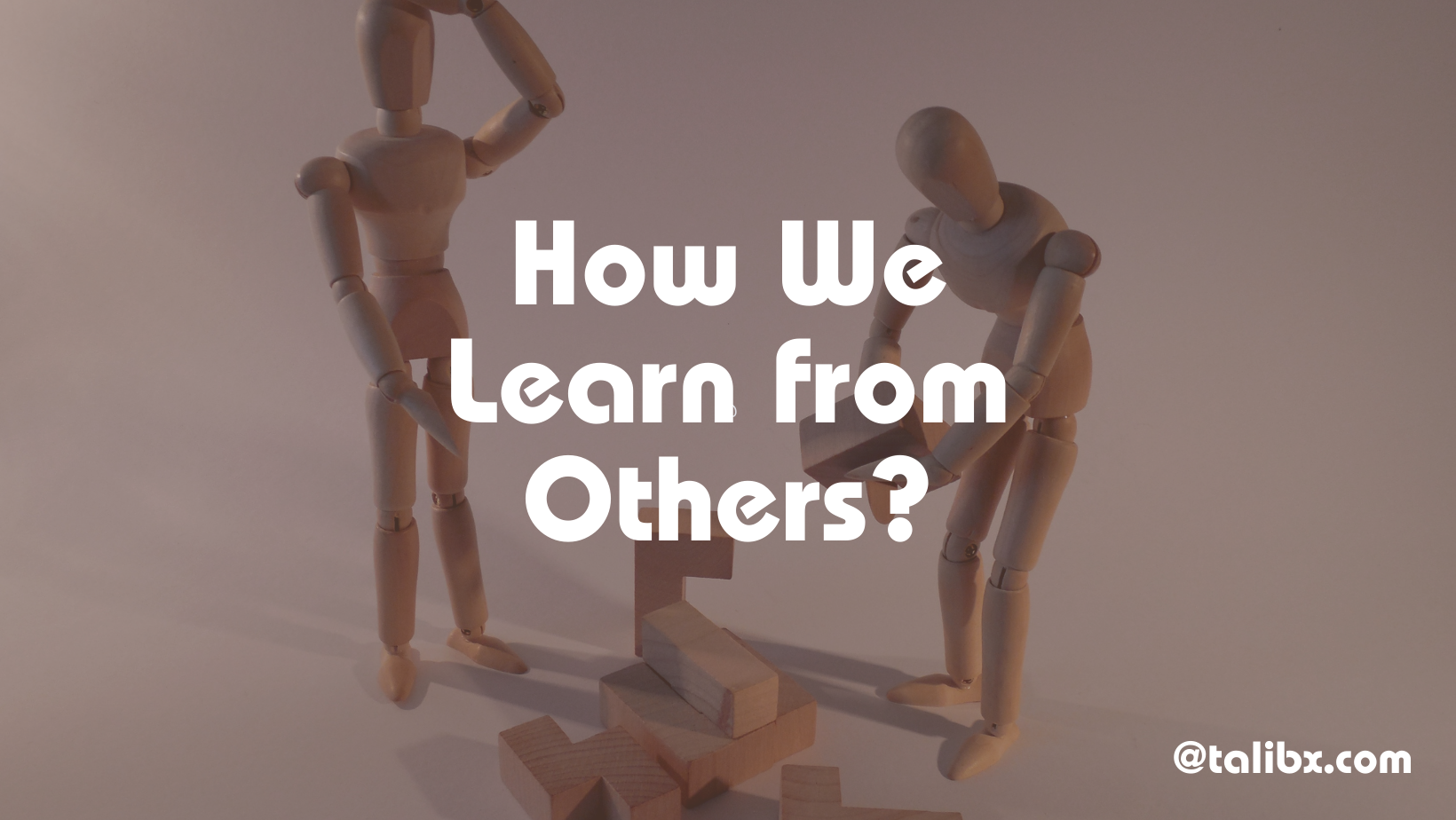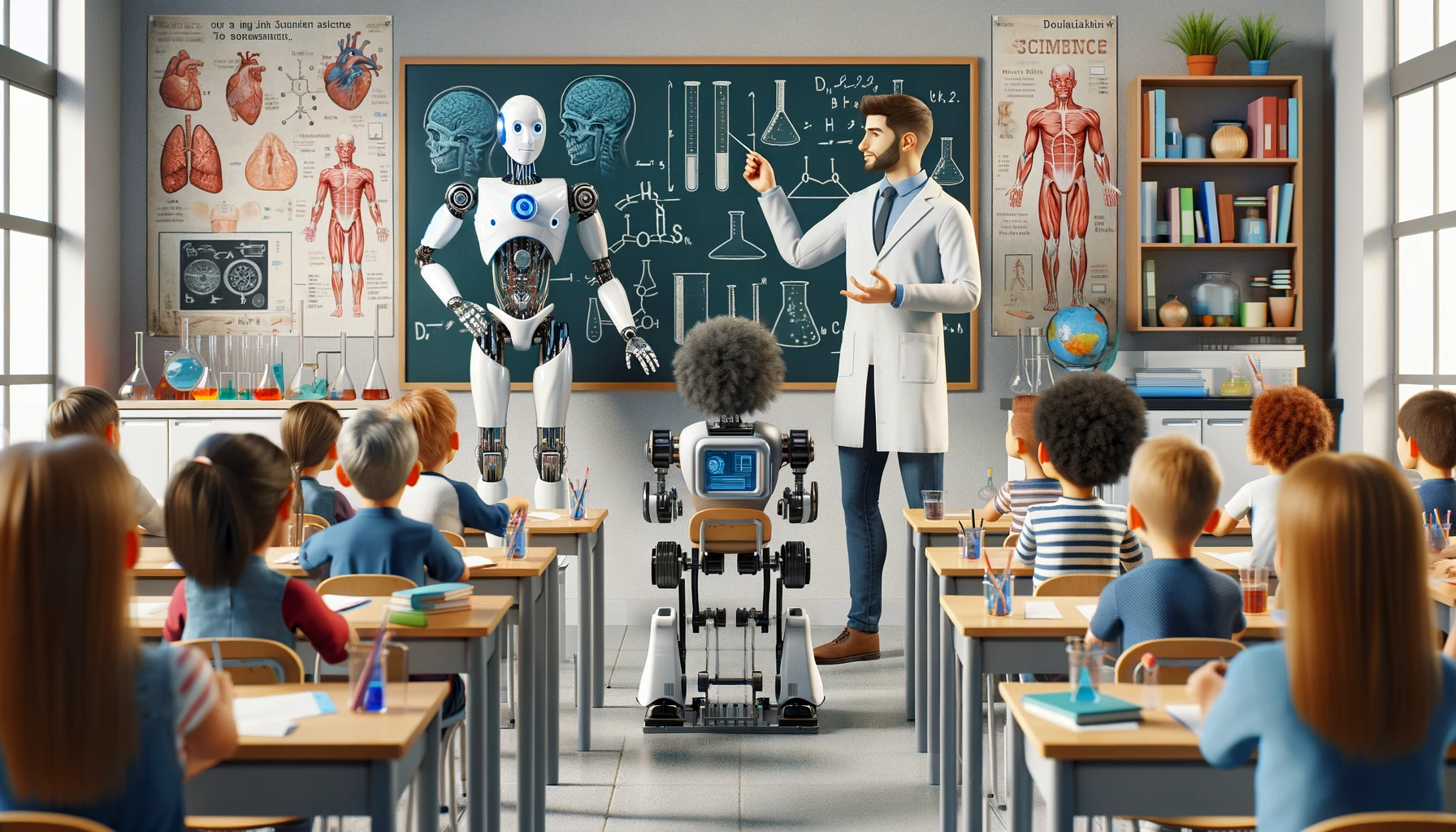Learning is a fundamental aspect of human life, and one of the key ways we acquire knowledge and skills is through social interaction. Social learning theory, developed by psychologist Albert Bandura, provides valuable insights into how we learn from observing and imitating others. This theory highlights the importance of our social environment and the impact it has on shaping our behavior, thoughts, and attitudes.
According to social learning theory, individuals learn by observing others and modeling their behavior based on the outcomes they witness. Unlike traditional behaviorist theories that focus on direct reinforcement and punishment, Bandura emphasized the role of cognitive processes in learning. He argued that people actively engage in the learning process by attending to, retaining, reproducing, and being motivated by the behavior of others.
Observational learning, a key concept of social learning theory, occurs when individuals learn by observing others' behavior. Through this process, we can acquire new skills, attitudes, and even emotional responses. Let's explore some real-world examples to better understand how social learning theory operates in our daily lives:
- Children Learning Aggression from Media: Children are highly impressionable, and they often imitate the behavior they see in media, such as television shows, movies, or video games. Research has shown that exposure to violent content can lead to increased aggression among children. For instance, a study conducted by Bandura himself, known as the Bobo doll experiment, demonstrated how children who observed an adult aggressively interacting with a doll were more likely to imitate that behavior. This experiment highlighted the power of observational learning in shaping aggressive behavior.
- Smoking Behavior among Adolescents: Adolescence is a critical period for social learning, as individuals seek acceptance and validation from their peers. Smoking behavior is one area where social learning theory has been extensively applied. Studies have found that adolescents are more likely to start smoking if they have friends or family members who smoke. Observing others smoke and experiencing the perceived positive outcomes, such as social acceptance or stress relief, can motivate individuals to adopt the behavior themselves.
- Learning Gender Roles: Social learning theory also plays a significant role in shaping our understanding of gender roles and behaviors. Children learn what it means to be male or female through observing the behaviors, attitudes, and expectations of the people around them. For example, a child growing up in a household where the father primarily engages in household chores challenges traditional gender roles and may be more likely to adopt a broader perspective on gender equality.
- Professional Skill Development: Observational learning is not limited to childhood or personal behavior. It is also an essential aspect of professional skill development. When individuals enter a new workplace, they often observe their colleagues or superiors to learn the necessary skills and procedures. For example, a new employee in a customer service role may observe an experienced colleague handling difficult customer interactions, and then replicate those techniques in their own interactions.
Social learning theory has broad applications in various domains, including education, psychology, and sociology. Understanding how we learn from others can help educators design effective instructional methods, promote positive behavior change, and encourage healthy social development.
In conclusion, social learning theory emphasizes the crucial role of observation, modeling, and imitation in the learning process. By observing others, we acquire new knowledge, skills, attitudes, and behaviors. Real-world examples, such as children learning aggression from media, adolescents adopting smoking behavior, gender role development, and professional skill acquisition, highlight the significance of social learning theory in our lives. Recognizing the power of social influence allows us to foster positive learning environments and promote behaviors that benefit individuals and society as a whole.



